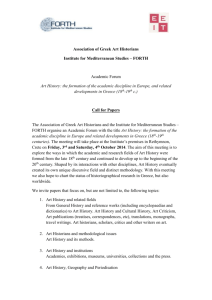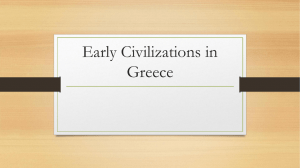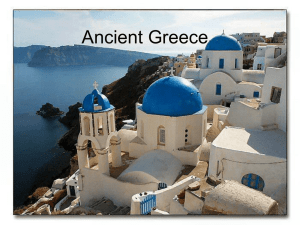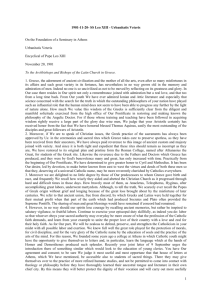oxi day: the historical meaning of the epic
advertisement
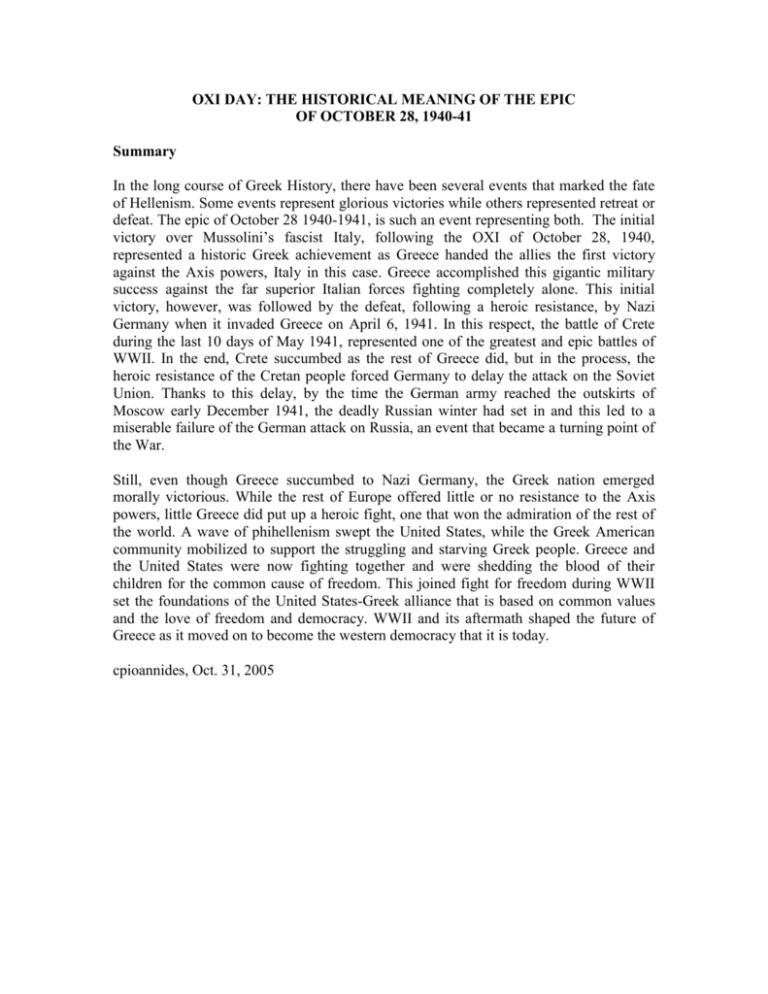
OXI DAY: THE HISTORICAL MEANING OF THE EPIC OF OCTOBER 28, 1940-41 Summary In the long course of Greek History, there have been several events that marked the fate of Hellenism. Some events represent glorious victories while others represented retreat or defeat. The epic of October 28 1940-1941, is such an event representing both. The initial victory over Mussolini’s fascist Italy, following the OXI of October 28, 1940, represented a historic Greek achievement as Greece handed the allies the first victory against the Axis powers, Italy in this case. Greece accomplished this gigantic military success against the far superior Italian forces fighting completely alone. This initial victory, however, was followed by the defeat, following a heroic resistance, by Nazi Germany when it invaded Greece on April 6, 1941. In this respect, the battle of Crete during the last 10 days of May 1941, represented one of the greatest and epic battles of WWII. In the end, Crete succumbed as the rest of Greece did, but in the process, the heroic resistance of the Cretan people forced Germany to delay the attack on the Soviet Union. Thanks to this delay, by the time the German army reached the outskirts of Moscow early December 1941, the deadly Russian winter had set in and this led to a miserable failure of the German attack on Russia, an event that became a turning point of the War. Still, even though Greece succumbed to Nazi Germany, the Greek nation emerged morally victorious. While the rest of Europe offered little or no resistance to the Axis powers, little Greece did put up a heroic fight, one that won the admiration of the rest of the world. A wave of phihellenism swept the United States, while the Greek American community mobilized to support the struggling and starving Greek people. Greece and the United States were now fighting together and were shedding the blood of their children for the common cause of freedom. This joined fight for freedom during WWII set the foundations of the United States-Greek alliance that is based on common values and the love of freedom and democracy. WWII and its aftermath shaped the future of Greece as it moved on to become the western democracy that it is today. cpioannides, Oct. 31, 2005




